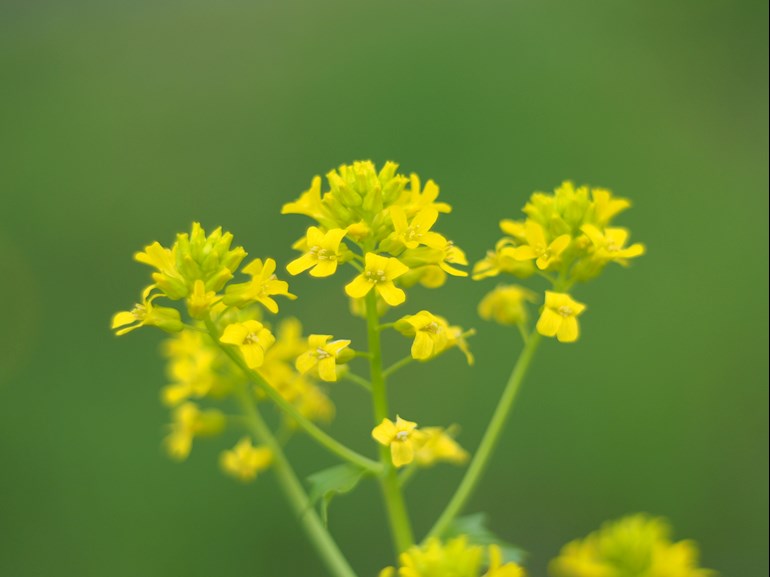Background: Current therapies for CLL/SLL have frequent toxicities, are non-curative, and several trials have demonstrated that early treatment of the disease doesn’t result in longer overall survival. In high doses, both curcumin (CM), from turmeric, and vitamin D (VD) have been shown to be safe in multiple clinical trials of solid tumors. Curcumin was shown to disrupt CLL cell interactions with the microenvironment, induce apoptosis independent of DNA damage, and upregulate vitamin D receptor (VDR) in malignant lymphoid cells. We hypothesized that the combination of CM and VD is safe and active in CLL/SLL and would delay disease progression.
A total of 35 patients (pts), 51% males, were accrued to the trial, 30 (86%) were evaluable for response. Median age was 60 years (range 45-80). Most had CLL (97%); 51% were Rai stage 0 and 49% were Rai stage 1. Cytogenetic abnormalities included del13q14 (37%), trisomy 12 (11%), del 11q22 (11%) and del 17p (3%); 20% had ZAP-70 levels >20%. Median number of cycles received was 5 (range 1-6) and treatment was well tolerated overall. The most frequent adverse effects (AE) were diarrhea/gastrointestinal upset in 69% of patients (14% were grade 3). No serious AEs were observed. Eighteen pts (51%) completed all 6 cycles of treatment; 10 (29%) withdrew consent, 4 (11%) discontinued treatment because of diarrhea, and 3 (9%) patients progressed on treatment. Best response was stable disease in 28/30 (93%) evaluable pts. After a median follow up of 29 months, EFS was 72.0% (95% CI 52.1 - 84.7%), 74.1% (95% CI 58.7-89.6%) had not started new CLL treatment, and OS was 100%. Median VD-25-OH levels were 28.75ng/ml (range 12.5-55.6) at baseline and 49.5 ng/ml (24.8-69) at 28 days. Median COG/COS levels were 15.8 (2.73-75)/6.71(0-33.5) and 18 (0-75.9)/7.21(0-35.2) ng/ml at 8 and 28 days, respectively. Flow cytometric analysis of CLL cells showed no significant change in VDR or Phosphorylated-NF-κB with CM-VD treatment.
Conclusion: Curcumin and high-dose vitamin D combination is safe and well tolerated in patients with early stage CLL. Although no responses were seen, the majority of patients maintained stable disease on treatment. Longer follow up is planned on this study to determine long – term CLL progression rates of patients treated with CM-VD.
ASH 1875
